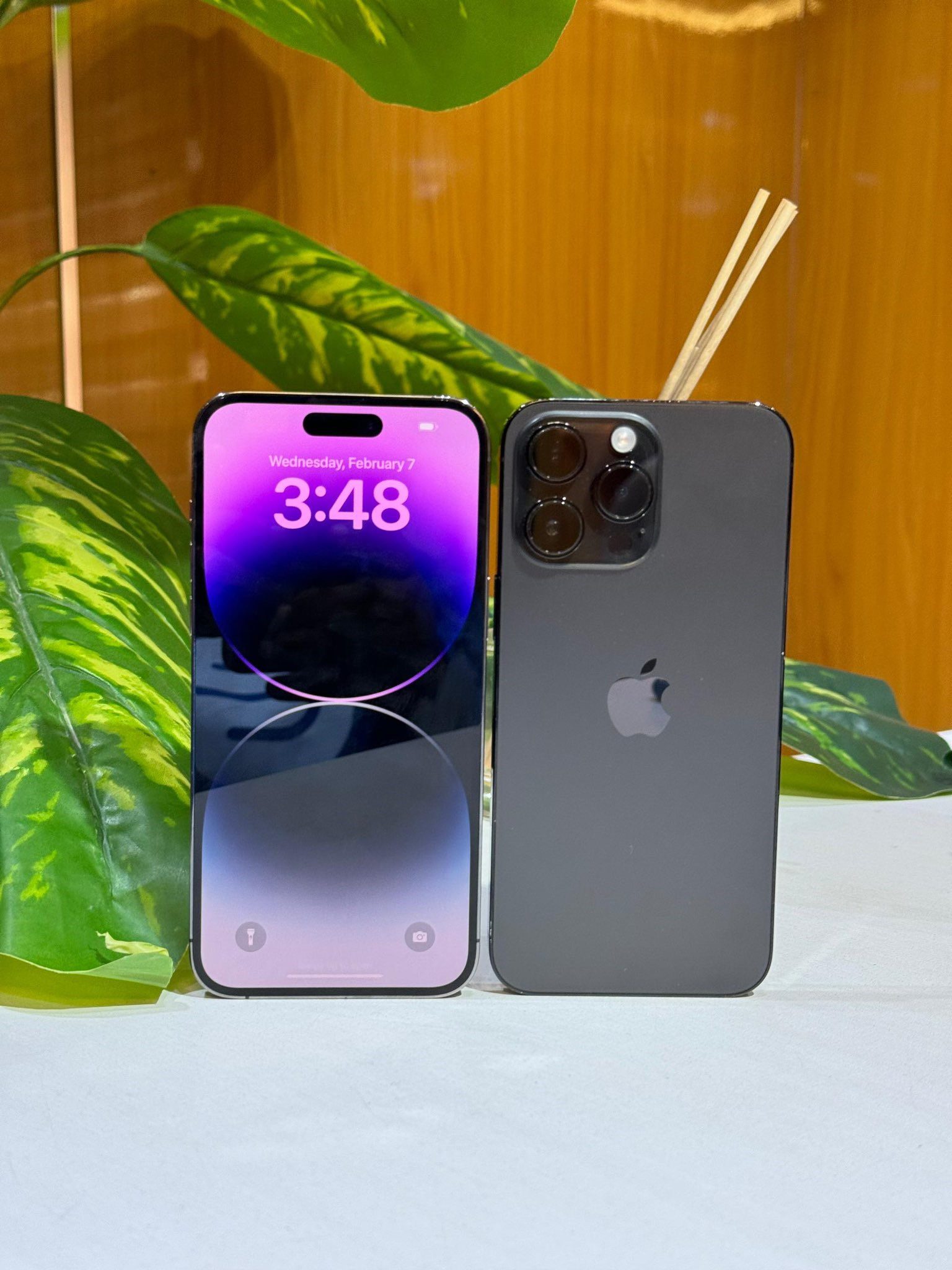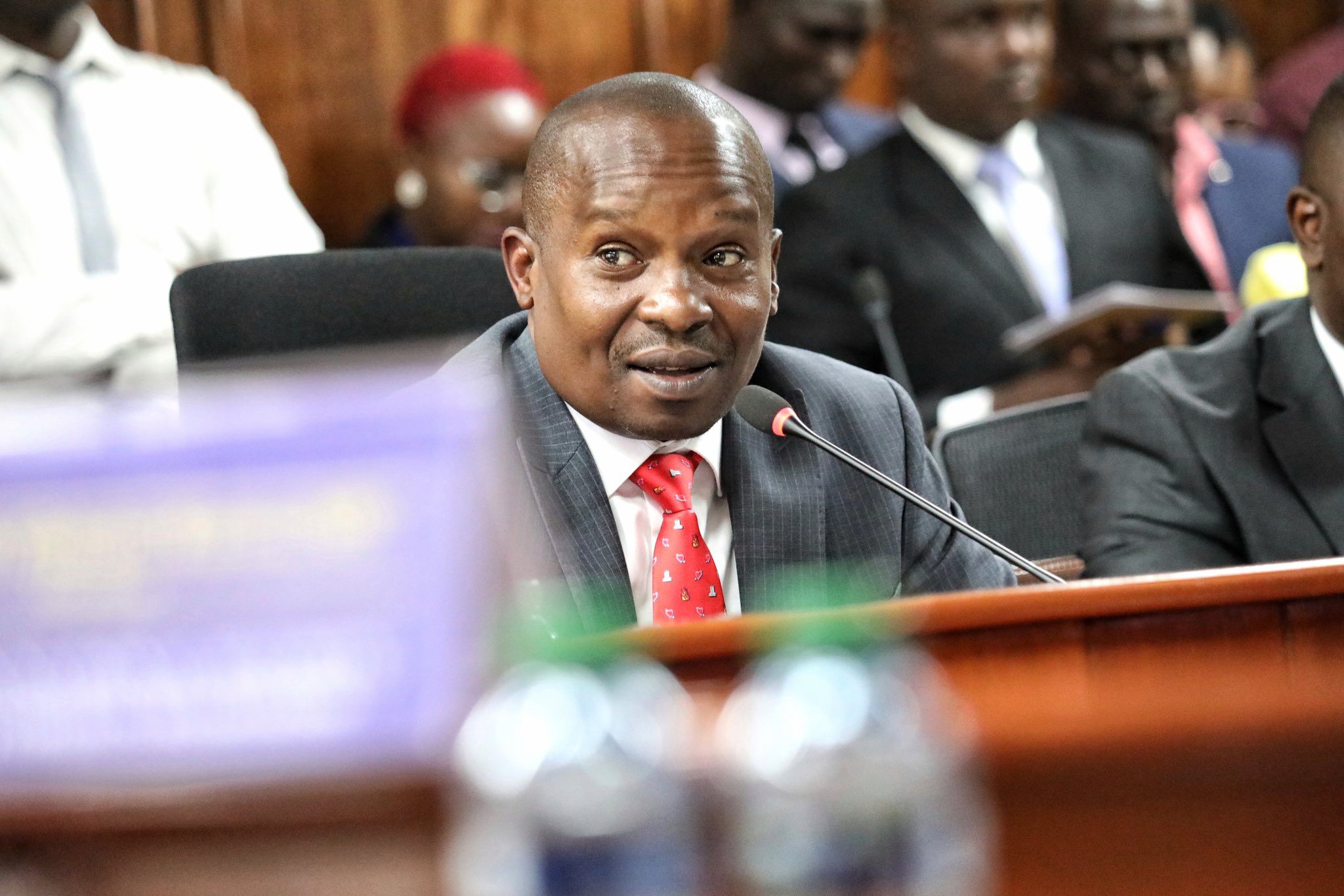
Telecom operators will register or replace SIM cards with the help of electronic biometric card readers. The devices were provided by the nation’s National Identification and Registration Authority (NIRA) barely a month ago. Particularly, the machines are able to perform real-time verification of subscriber information with the National Identity Database.
Other than the use of the mentioned devices, the exercise is now subject to a new set of rules that must be followed during SIM sales, upgrades or replacements. To begin with, any person in need of a new SIM card (or replacement/upgrade) must visit a registration station in person with his/her ID. This means that remote replacements or purchases, where a third party picks a SIM card for another person, are no longer allowed. Locally, this is common especially for minors who register their SIM cards with a parent’s/guardian’s ID.
Secondly, operators must verify subscriber data and authenticity using the card reader device, as well as live biometrics with biometrics on the ID in real time with the aforementioned NIRA database. Thirdly, and for the first time, applicants will be required to submit a fresh photograph. If real-time verification fails, then the operator is advised to halt the registration process until the issue is fixed.
Still, lost SIM cards need to be backed up by a letter from the Uganda Police Force that verifies subscriber details.
The same requirements are mandatory for non-citizens (production of an original passport or visa or resident permit, a recent passport photograph), although the validity of such cards is limited to the period of the visit.
While these regulations are obviously lengthy and tedious for some people (considering you will need to report a lost SIM card to the police, obtain a letter backing up the loss and get a National ID for those who do not have them), it may help in the mitigation of crime issues that are commonplace in the country where criminal gangs use fraudulently-registered SIM cards to extort ransom payments.



















